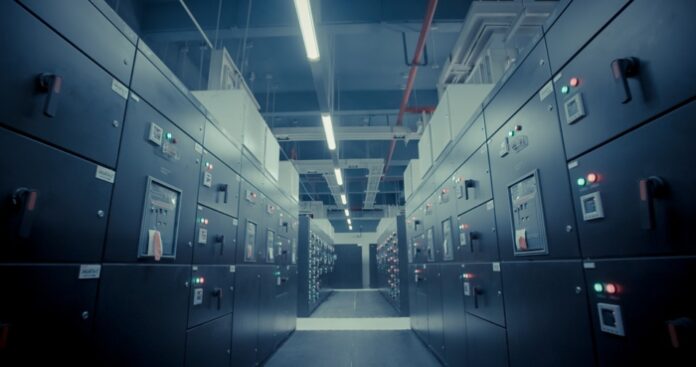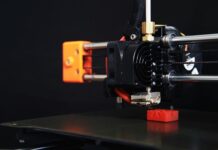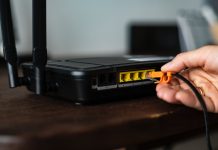Extensive computer systems aren’t a foreign concept, and many of us have at some point come across the term data center. During the 1940’s, unique rooms had to be constructed to occupy the massive computers of the time. Even with the miniaturization of computers, this arrangement didn’t change owing to the fact of an increase in the functional scope of these machines meant lots of space was still needed.
Even today, all large-scale operations have complex IT infrastructure with a tremendous amount of hardware, even with the use of PCs more powerful than mainframes from back in the day. The vast IT infrastructure requires being housed in well-fitted rooms. These rooms are referred to as data centers or server rooms depending on their size.
Data centers are run by government agencies or large companies. Also, they are progressively used to facilitate cloud solution services for business and private applications.
With these in mind let’s explore the 3 main components of a data center and why they are essential:
1. Power
All collocation equipment and web hosting servers run off a reliable power source. Power is a data center’s holy grail. More on this point, beyond providing power to the collation equipment via PDU’s, all data centers need to have a backup or a redundant power source to guarantee server and overall service uptime. With a lack of a backup power source such as backup power generators, a data center is just as good as the city grid it runs off of. We all know city grids fail quite often.
2. Cooling
Equal in importance as power, a well-functioning data center enables your web hosting equipment, collocation servers, and networking gear to function duly without overheating. To figure how vital cooling is to operations in a data center, think of the 1997 Dell laptop. Whenever users place the PC on their laps, it would overheat to the point of being uncomfortable.
Overheating occurred as a result of poor ventilation and having a weak fan to cool the system.
The same takes place in a data center. With a lack of adequate ventilation, hot or cold aisles or raised floors to spread the cooling effect evenly, your servers would overheat and eventually cease to function. It’s vital to note that, similar to how a power supply within a data center needs to be redundant, the same should apply to the cooling system.
3. Security
Beyond reliable web servers and collocation servers, data centers need the highest possible level of security. Why? All servers, be they shared hosting accounts or cloud hosting servers, house vital data. A well-run data center maintains around-the-clock security staff, a visitors logbook, surveillance cameras and a fingerprint access system.
Furthermore, security has a physical aspect, which is, keeping out of harm’s way. Physical security means building the data center away from known flood zones and outside of hurricane paths, tornado alleys and fault lines.
The above are the essential components for a data center. When looking for a data center, customers should also be on the lookout for essentials such as mobile computer monitors, parking availability, workplace room and a food court. To learn more about choosing a data center click on the following link https://www.basicsolutions.com/
Find a Home-Based Business to Start-Up >>> Hundreds of Business Listings.

















































